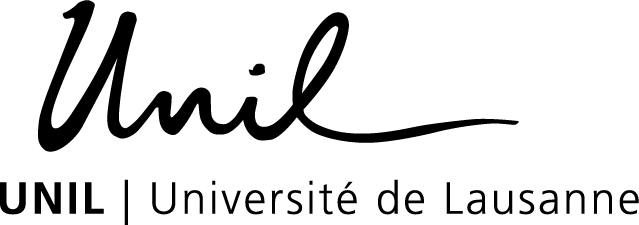Institution
Coherence & Innovation
UNIL mobilizes its innovative strength to stimulate and support the emergence of academic and professional practices that are in line with planetary boundaries.
UNIL promotes collective excellence at all levels and actively supports the production of research on societal transformations necessary to achieve sustainability.
Community
Learning & Experimentation
UNIL relies on its education capacity to equip its entire community with practical knowledge and skills in the field of sustainability.
UNIL is a place of transformative experimentation, helping to develop practices that benefit human health and the environment to enhance the quality of life on campus.
Society
Collaboration & Expertise
UNIL encourages the co-construction of applied knowledge on socio-ecological transformation with actors from society.
UNIL shares its academic and practical expertise in sustainability and actively supports society in the transition.
From 50 years of campus to 500 years of UNIL
Being visionary means taking decisions today that will shape our future.
Moving the University of Lausanne out of the Cité and into the Dorigny countryside in the early 1970s was visionary. At that time, it was a question of anticipating the needs of the University of the 21st century.
Today’s campus owes a great deal to the visionaries of the time. Thoughtful urban development has enabled the green character of the site to be preserved. The underground technical gallery, conceived at the time of the first buildings, now makes it possible to connect a new heating station to the water of the lake, enabling UNIL to eliminate the use of fossil fuels by 2027.
UNIL’s CAP2037 transition strategy is part of this legacy.
It involves the entire university community working now to ensure that by 2037, its 500th anniversary, UNIL will be on a trajectory that is compatible with the Paris Agreement and the planetary boundaries.
With CAP2037, UNIL is continuing its long-standing commitment to sustainability, but from a different perspective. It is no longer a question of multiplying actions and then measuring their effects, but defining clearly the objectives to be achieved and the actions to be put in place, using the most up-to-date scientific knowledge.
The Transition Assembly, followed by a wide-ranging consultation of the various members of the university community, made it possible to define together the roadmap for achieving this target. The result is 20 transition objectives that affect all areas of the institution.
Achieving these aims will require us to question our daily habits and mobilise all our creativity to invent new ways of working, doing research and studying together, to build a more sustainable and fairer university.
We look forward to welcoming you to this adventure.
